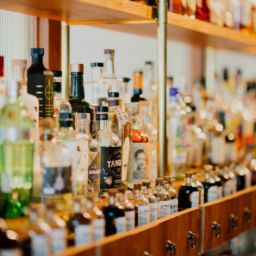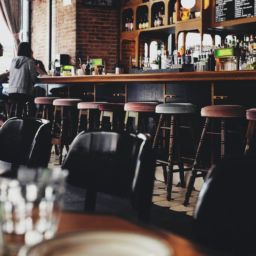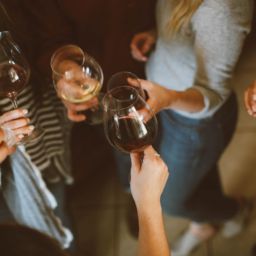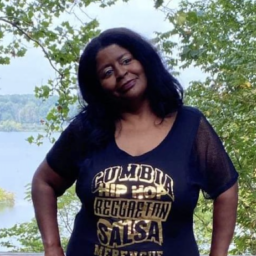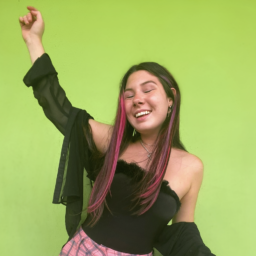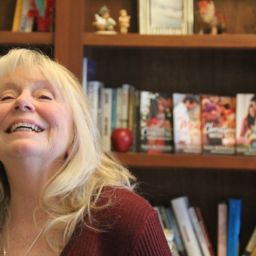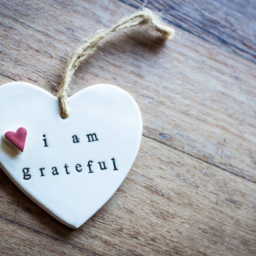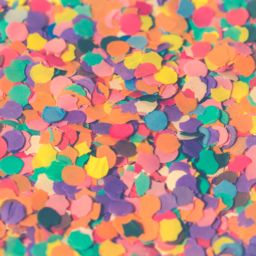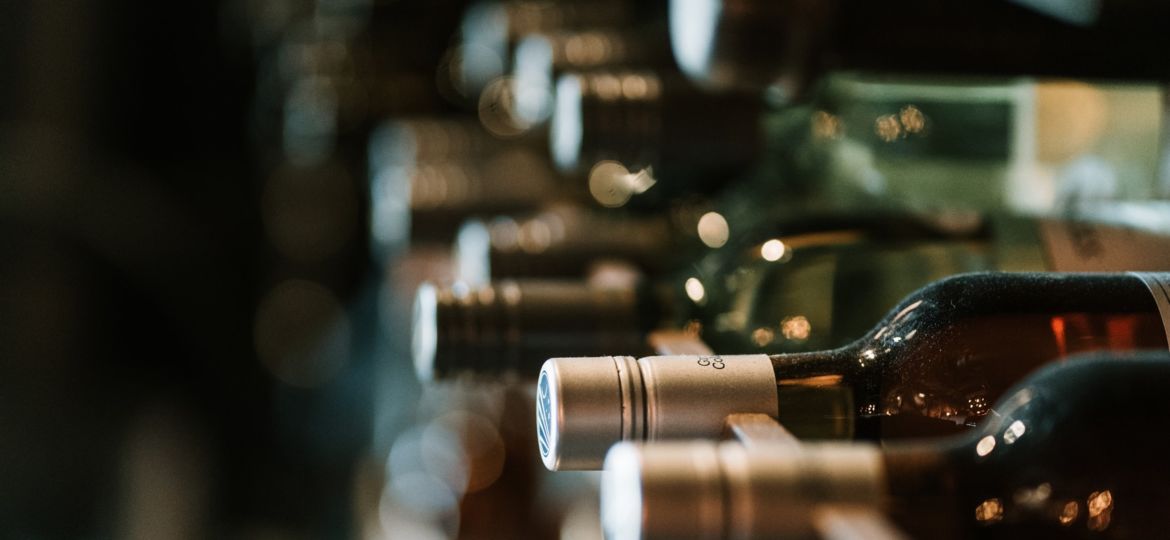
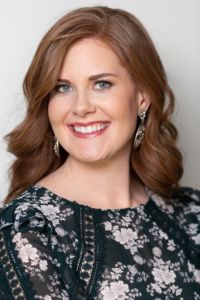
I was driving to my job as a nurse manager one day and I started daydreaming. What if I got into a car accident — just a small one of course — but one that would require other people to take care of me for a change. I pulled into work and woke up from my daydream in horror. This wasn’t normal. And how did I even get to this place in life anyway? I was drinking a bottle of wine most nights to “get through life” and this had become problematic. As I got unstuck from over-drinking alcohol, I started talking about it on stages and with the teams I coached. At first, it was vulnerable and scary. Then, people started coming to me and messaging me after saying “me too.” While there is comfort in knowing you aren’t alone, it was also a little frightening to know how many of us in healthcare were out there. It’s a lot and more than I’d ever imagined.
It makes sense. You have a hard day, or night, at work and come home exhausted. You just want to turn off your brain and relax. A global pandemic and all that has come with it both professionally and personally, hasn’t made this easier. Not only do you have all the to-do’s and the emotional toll of being a healthcare professional, but you also have so many responsibilities outside of work. Kids, aging parents, family drama, relationship struggles — we’ve normalized drinking as a way to cope with all the stressors that are thrown our way. But, what if you got curious about the deeper why behind the drinking? Is this behavior working for you or is it causing you harm? What are the emotions and thoughts behind the drinking?

Healthcare professionals everywhere have been told to practice more self-care as the answer to their burnout and exhaustion. I remember being told this too. But what if society sold us a bag of lies about what self-care really is? It’s so much deeper than bubble baths and chardonnay. In fact, when I was swimming in chardonnay that was the exact opposite of self-care. Here are some of the strategies I used to help dig me out of the pit of despair. I call it radical self-care. Nothing radical about it, but it does take time and daily intention. If you truly want to get to the root cause of any harmful numbing behavior, here are some ways to do it:
- Therapy/Coaches
- Podcasts/Audiobooks
- Self-awareness work (I used the Enneagram)
- Exercise
- Healthy eating
- Spirituality
- Meditation (I use a guided version)
- Deep connections with other humans
- Belonging, not just fitting in
- Healthy boundaries
- Understanding thoughts and emotions and making space to process them
- Asking for (and at times hiring) help
When I was swimming in chardonnay that was the exact opposite of self-care.
Ultimately, I decided to stop blaming everyone else around me and to take accountability for the life I’d created. No one was stopping me from doing all of the above, but me. Not my work, my boss, my partner, my kids, my parents. No one else was responsible but me. My favorite definition of self-care is creating a life you don’t have to regularly escape from. Think about what you are escaping and where you might need help. This is a personal journey and my guidance might not match what you need. But the good news here is you already know what you need if you can just quiet the noise around you.
Here’s what I’ve learned after going from drinking a bottle of wine per night, to only drinking when I really want to, which is rare.
- I sleep better — yes, alcohol can get you to sleep, but you don’t get quality sleep.
- I have much less anxiety. Hangxiety is a real (and chemical) thing.
- My mood is better.
- Alcohol numbed the more negatively perceived emotions. But it also numbed all the good stuff.
- Alcohol added no value to my life.
- I’ve lost weight. Calories aren’t the only biological reason for this.
- Shaming yourself doesn’t work. Self-love does.
I thought my journey out of over-drinking would only impact my drinking. Turns out, this healing and empowering journey fixed a whole lot of problems in my life. When we get to the root cause, that’s when the magic happens.
Disclaimer: If you believe you are an addict or alcoholic I encourage you to seek help.
Looking to cut back or stop drinking? Check out Rachel’s FREE Booze Free Work Week Challenge or her Drink Less, Live More coaching program.
Rachel Pritz is a Registered Nurse (RN), a Master of Science in Nursing (MSN), and a Certified Life Coach. For more information visit www.rachelpritz.com. Follow Rachel on Instagram: @indyenneagram, Facebook: Rachel Pritz Life Coaching, and on LinkedIn: Rachel Pritz.
All of our content—including this article—is completely free. However, we’d love if you would please consider supporting our journalism with an Indy Maven membership.








